So the iPad is finally here and brings big implications for the future of publishing. Here’s a video of the iBooks app at work:
The iBooks app will use the ePub format, which is good news and bad news. The good news is that it’s not a proprietary format, like the Kindle – i.e. Kindle books can only be read on a Kindle. Actually, Kindle has expanded to having books available on the iPhone, but generally it’s a single format ereader. One wonders if Kindle books can be read on the iPad, as they can on the iPhone, what use the Kindle has at all. No doubt that would truly make the tablet a Kindle killer. It’s unclear right now if iPad books will be transferable to other devices, but the use of ePub suggests they will be.
The bad news about ePub is that it’s really cumbersome to deal with and it’s easier to just strip out all extra formatting, as you do for Smashwords books, because ePub is really just a fancy text file. It is possible to do more with it, but it’s not easy. Given that the iPad is built around the app store ($9.99 per app), a Create a Book app could be in the pipeline. There was a thought that Apple might be creating its own user-friendly format, but instead chose the universal ePub format.
Good news is that it’s cheap – $499 – but if you’re going to use the ebook store, you’re going to need a 3G connection, which is an extra $130 – [edited from comments. Twitter is not a flawless source of information]. $499 does what you need it to. Well-priced for all it can do. If I was buying a Mac for the first time, I’d think about getting one of these and setting it up like this:
It doesn’t have the full functionality of a PC, but there are word processing apps and other apps that could mimic some features. Overall, this is GREAT news for the future of reading as this could very well do for books what the iPod did for mp3s.
Update: Cool book demo in this video at around the 1:00 mark – via Engadget, where there’s some good info about the pros and cons of the device. Yes, this first-generation device is not perfect (no multi-tasking), but it is miles ahead of something like the Kindle:
Get an Editorial Review | Get Amazon Sales & Reviews | Get Edited | Get Beta Readers | Enter the SPR Book Awards | Other Marketing Services


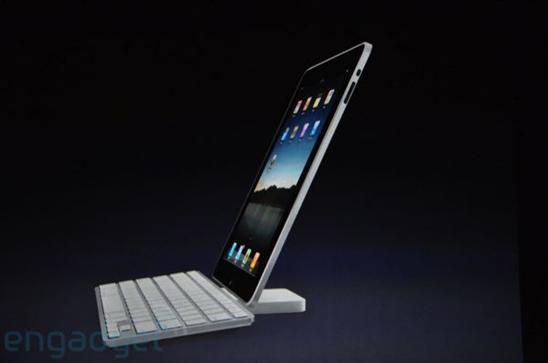

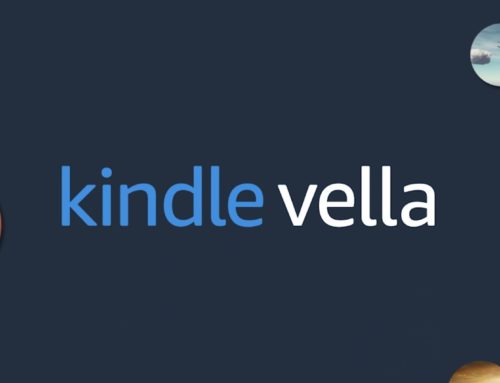
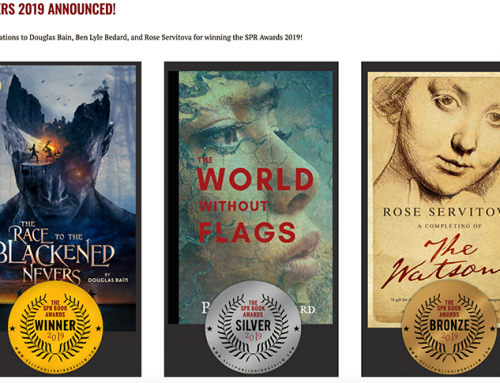
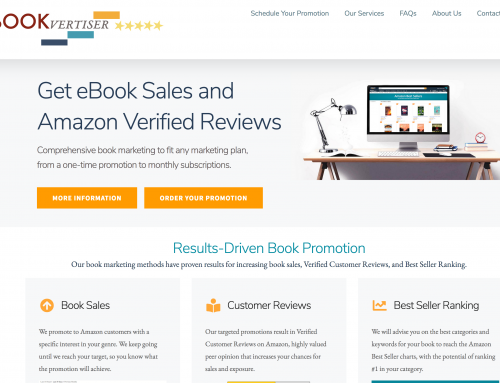
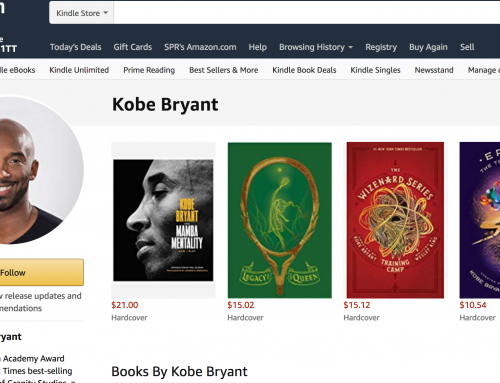

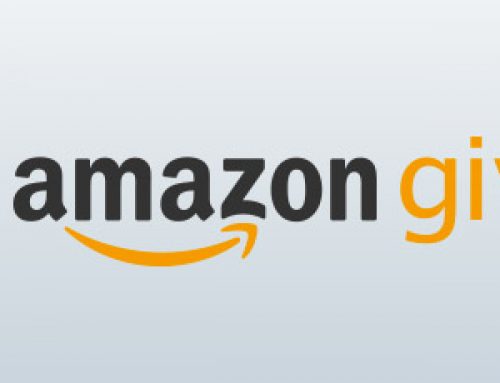

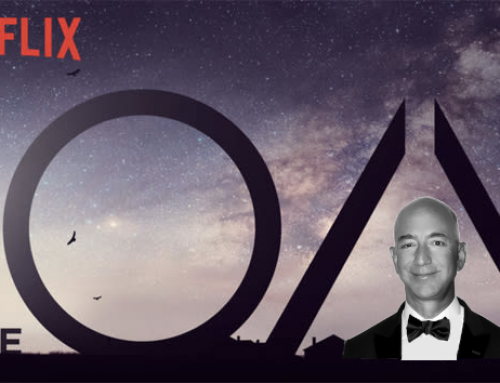
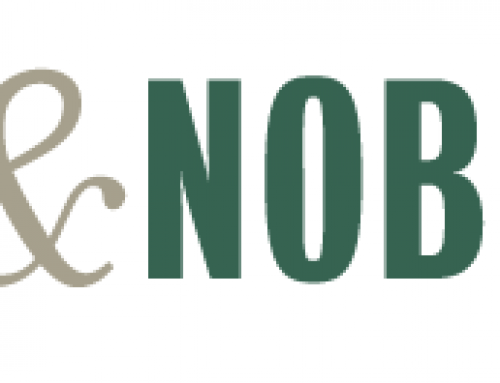
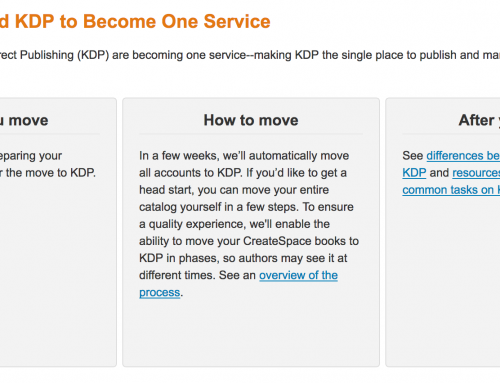

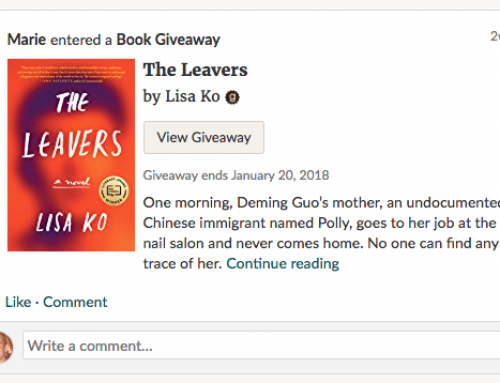
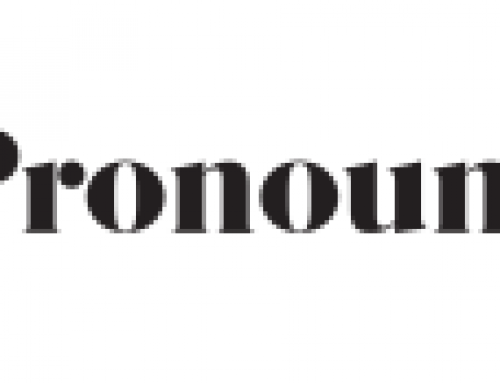
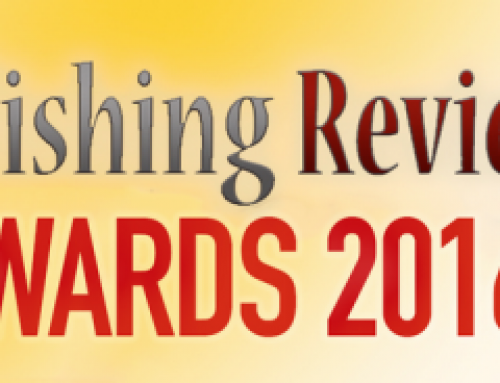
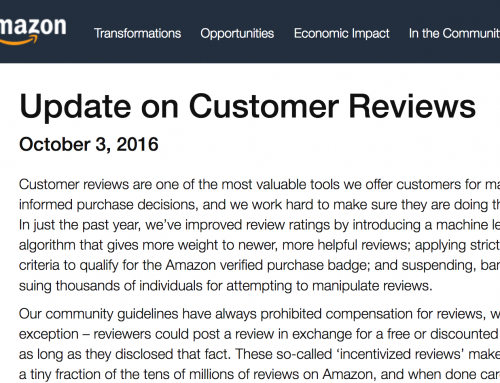
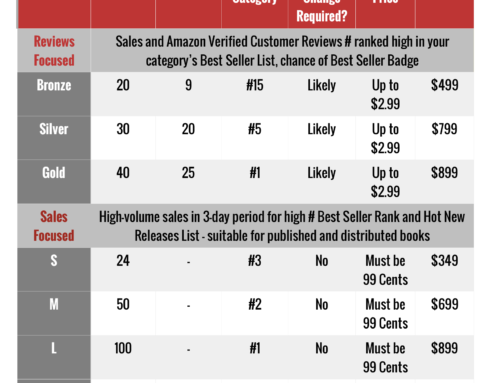
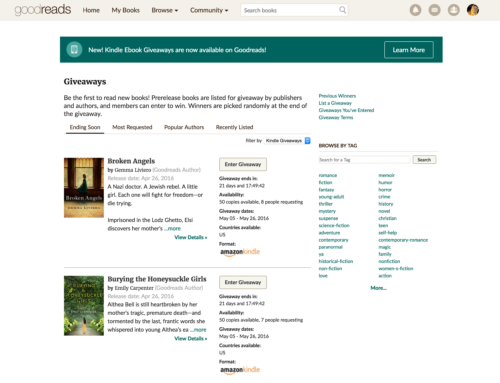
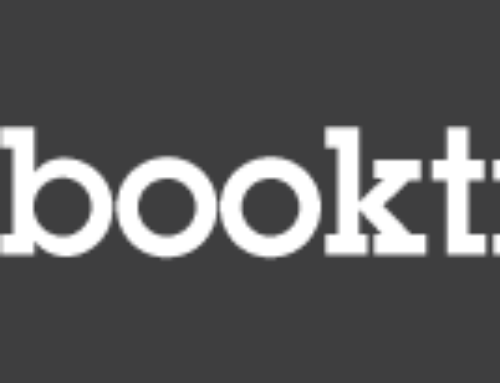
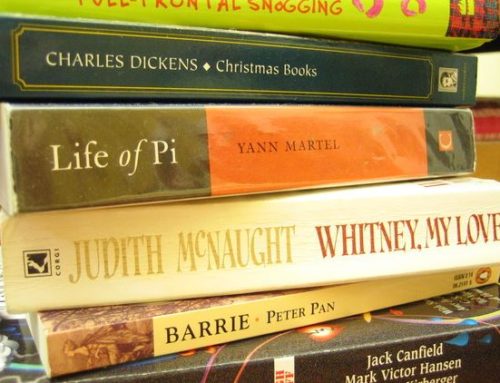
I’m excited about this as well. A couple of quick notes, though: I actually hope they don’t mimic the iTunes model too closely with iBooks, since songs that you purchase through Apple are actually tightly-DRM’d and a pain in the butt to transfer to other devices (fortunately, you can get your songs — and, theoretically, epubs) from elsewhere and play them on your apple hardware.
Also, if you don’t pony up the extra $130 for a 3g iPad, you’ll still be able to get internet and purchase books through a wifi connection on the $499 model.
As far as using this thing as a macintosh, though, it doesn’t actually run mac software. It runs iPhone software, so until they release InDesign for iPhone, I’ll have to hang on to my laptop!
Thanks for the correction. Re: DRM, here’s a piece on that:
http://www.siliconvalleywatcher.com/mt/archives/2010/01/analysis_ipad_i.php
By using the iPhone OS and its own proprietary hardware, Apple has managed to build a solid belt-and-braces digital rights management (DRM) system, that is the platform itself.
Applications and media designed to run well on the iPad will be optimized to run on the Apple iPhone OS and also, on its proprietary hardware, the A4 microprocessor.
This provides an extra level of DRM support making it more difficult to pirate apps and media onto other platforms.
Seems like this is how it’s going to be – so sharealike won’t work with iBook ePub. What’s also important is the ability to import ePub files from Smashwords (or somewhere) and not being forced into buying it directly from the iBooks store, like you can on a Sony Reader. As you can add any mp3 to iTunes, I imagine this won’t be the case.
I’m wondering how difficult it will be for small self-publishers to get books added to their store. If anyone has info, let me know! sferguson317 at yahoo dot com or Twitter muskoxS I’m excited!
This is the question. Smashwords books are on Kobo (Shortcovers)and Kobo is on the iPad, so that’s one way. But TBD about a more direct solution. There’s still a question about iBooks’ compatibility with other ebook sources.
http://blog.kobobooks.com/2010/01/27/the-ipad-is-finally-here-and-kobo-is-ready/
“Miles ahead of the Kindle”
How can you even claim that before holding both devices in your Hand. The Kindle has a e-ink display that looks and reals like real paper and is not even comparable to the retina scorching LCD of iPad.
If you have ADD and only read for minutes at a time, it may work out just fine, especially if you are easily distracted by flashy shiny things.
True. I was reading on my Sony reader last night and this occurred to me, but it’s superior in the sheer number of functions it has, color for more-complex print, and the ability to read pages side-by-side. Adds a lot, I think. But yeah, when I’m reading on the Sony, it’s relaxing after a day staring at a computer screen. I wouldn’t want the same experience of reading off a computer screen when reading a book – unless it’s not that big a problem, we’ll see.
Al the bright, shiny gewgaws do not mean squat if a so-called reader is not up to being a reader at least as good as its established competition. That still remains to be seen, but Apple has had two years to reverse-engineer Kindle and the concept that Kindle stands on, so if iPad can’t be a better reader than Kindle, what does that say about Apple’s vaunted reputation as a hardware company?
I find some of these kinds of assertions very odd. I have a Kindle and an iPad. I had the Kindle for a year and a half (or thereabouts). I’ve never read much on the Kindle, though. If we were talking about paper that’s too gray and ink that’s not black enough, then yes, the Kindle is like reading on paper. It’s not like reading on white paper. Perhaps my eyes are older and more tired than yours, but I found I needed quite a bit more light to read on the Kindle than I do on regular paper. The iPad has its own light. And what exactly is retina-scorching about that? Maybe in the old CRT days, there was an argument to be made against computer screens, but I’ve found nothing unpleasant about reading on a high quality LCD. Perhaps you’ve got it turned too bright in a totally dark room? That’s not a problem with LCD screens, that’s just common sense: didn’t sit in a dark room and stare at a bright light too long.
I use a Mac, and my iPhone is surgically attached to me… or so my friends have commented. I’ve been an Apple fan for many years now. But I gotta tell ya I love, love, love my Kindle. Nothing else electronic has ever felt so good to my eyes. I truly get that “lost in the story” experience when I read on the Kindle. Getting me to switch to the iPad (scented or unscented) would take an act of E-ink.
We do all types of ePub conversion for Apple iPad’s iBook application.
We at iBooksPublication.com started out as a small firm of 5 people in 2008 from our location in Bangalore, the IT Hub of India. However, our passion about growth, meeting the client’s expectations and succeeding on the deliverable has made us a multi-functional team of 50+ employees in the span of 2 years.
Why is it that so many people think Amazon could be affected negatively by Kindle support on other platforms. Kindle is about selling books, not kindles. The Kindle is a loss leader device. Just like XBox, and PS3, and Gillette razors. They make their money by selling books (or licensed games, or razor blades).
This the iPad bodes well for everyone involved. Whether it gets adopted rapidly or just paves the way for future devices.
Actually, Joshua, Kindle is a reverse razorblade–Amazon makes good money on each one sold and everyone supports the price point. If I get some time, I’ll dig out my blog on exactly this point, but suffice to say that at the difference between a $9.99 Kindle edition and a $10.20 discounted trade paperback, it’ll take several thousand Kindle ebook purchases to amortize my investment in my Kindle DX.
But, yes, Kindle alone is a terrific moneymaker for good books that sell well.